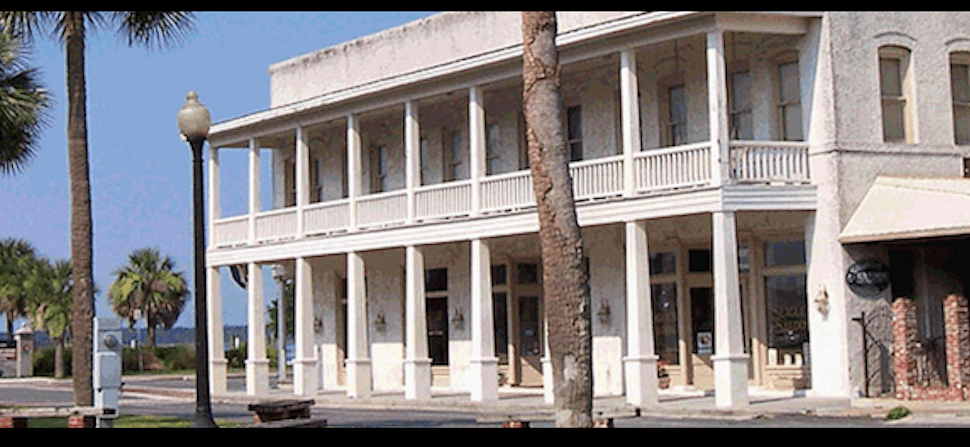The longest government shutdown in U.S. history affected companies big and small across the country. Although it ended, the pain of the shutdown may linger for a while for some businesses that have lost substantial revenue during the closing.
“I am glad it’s reopened,” said Jerry Brandon, owner of the Riverview Hotel in St. Marys, Georgia.





